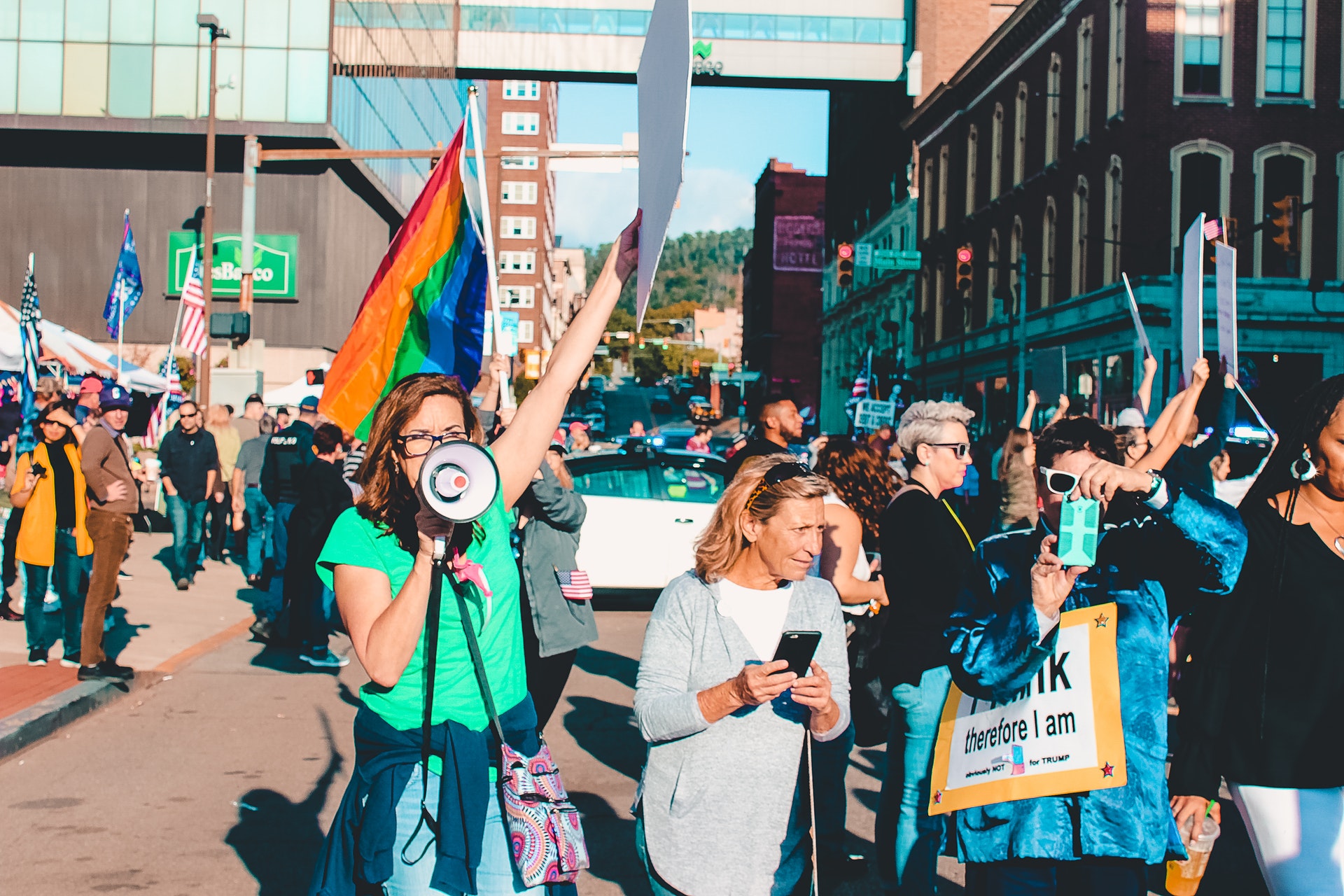It’s no question that some of us would very much like our feelings to matter when making policy. Something that you fundamentally disagree with often clashes with what you believe, and what you believe is often informed by your feelings that you either learned growing up or that erupted within you at some point. It may also be that your feelings are at odds with the scientific stance commonly accepted as the truth.
So what should you trust, science or your gut reaction? Even when you admit that science, or whichever from of pseudoscience you believe in, should take precedent, would that affect your decision making? But the more salient question is whether or not your feelings should matter.
Injustice abounds in this world. I use the term injustice to mean inequity stemming from the perceived world, which can greatly differ within the same region. Most people would like to fix these injustices. It is frustrating to see the world work in ways that we don’t personally approve, and this frustration often breeds desire to mold the world so that it works in a way that we prefer.
From what I have seen, those who champion change the strongest are those who hold a fundamental, unshakable belief in their causes. They wholeheartedly believe that such changes should be made and that the world will be a better place for having changed. Such voices are even more noticeable when they champion a dissenting cause contrary to the majority — say what you will about those who demonstrate to defund Planned Parenthood, but one must acknowledge their fervor and the tenacity of their belief, however far away from science it stands.
I sincerely doubt that belief often stems from science. Many beliefs are irrational, and yet we still hold them. Somehow, I still think that sleeping late at night will help me live just as long as those who sleep early, despite my own bodily groans and the research proving that I will die sooner.
In fact, I even acknowledge that the research is true — and yet I don’t follow it, despite wanting to live a healthy life. It is simply astonishing what I may even do to worm my way out of sleeping early — and I assume this goes for many other people as well.
Passion is at the root of many of our beliefs. What else would get so many demonstrators out there, chanting a slogan to promote change they believe should happen? Many of these demonstrations have led to legal changes that, arguably, do not have a solid basis in science. Not all people are created the same, yet we hold this to be true. Our founding fathers firmly declared that every man had a right to life, liberty, and happiness — this cannot be scientifically proven, yet this claim was powerful enough to spur revolution.
In such cases, our feelings certainly matter. But should we also smother the group of people who are loudly proclaiming their disagreement? What happens when those measures are working — look at the numbers! — and their protests become vehement?
It is highly tempting for the majority to shove the protesters into the back of the closet and treat them like the ridiculously embarrassing family relative who shows up intoxicated to every party. After all, the policy is effective and morally correct; it is simply better to ignore those unenlightened people who also live in this country.
And yet, like a boiling pot, eventually the lid will come off. How long will it be until the dissenters explode like a tidal wave?
Perhaps recent events can teach us a thing or two about that.
Contact Angela Zhao at angezhao ‘at’ stanford.edu.
